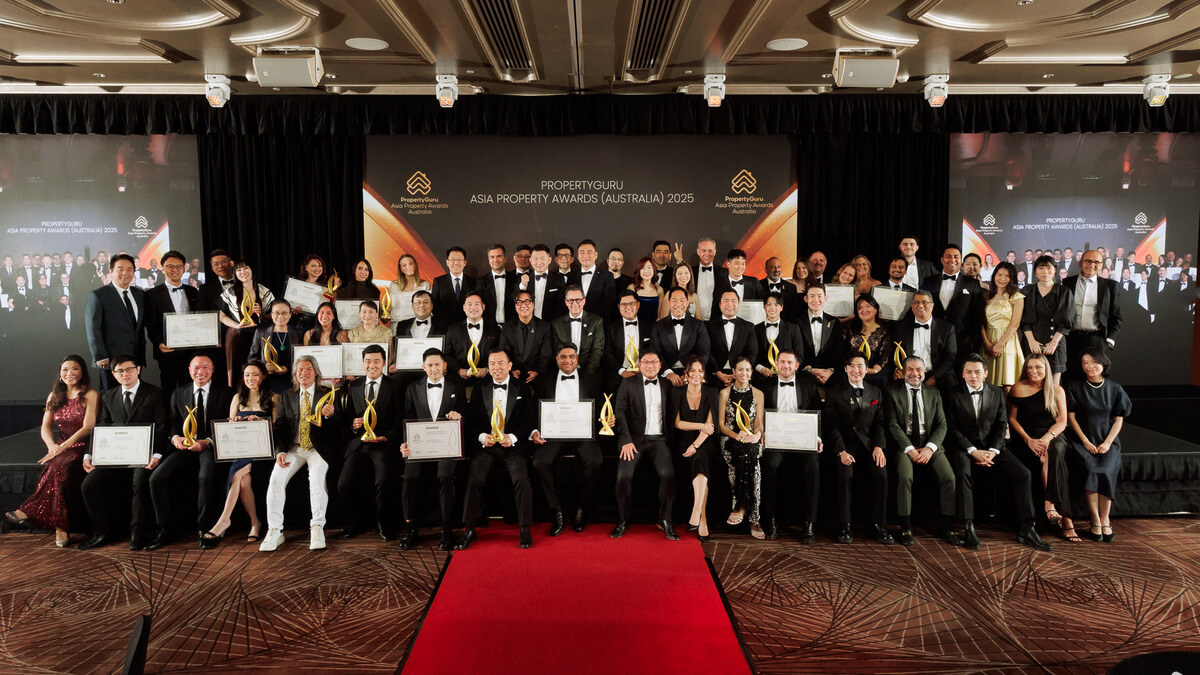- Setting the reserve price is the angst of every seller
- The laws of supply and demand come into play
- Adding genuine bidders has more impact than increasing the reserve price
Selling your property via auction can be a nail-biting and exciting process. There is nothing like the excitement of watching a bidding frenzy unfold. But, there is also nothing more disappointing than an auction that fizzles.
One of the key elements is the reserve price as most experienced bidders often keep their powder dry until they know that the property is actually “on the market”. Setting this reserve price is therefore the angst of every seller. They are wondering: “if I set it too high, will it get passed in? If I set it too low, will I leave money on the table?”.
So, is there an optimal strategy for setting the reserve?
What the science says
Studies have shown that a reserve price is important when there are multiple similar items in an auction. In a real estate example, bidders for a new development of equally-built townhouses or apartments know that if they don’t win the first auction, they can wait for the next one. So, many bidders will “wait and see”.
However, the typical home auction is different because the bidders are competing for only one property. In this case, the studies indicate that the reserve price is critical when there are few bidders. It then drops away in importance for every additional bidder added. One study showed that, once there are six genuine bidders, the reserve price becomes trivial and no more optimal than setting no reserve at all.
In fact, models and data show that just adding one extra bidder is always more effective than increasing the reserve price. A reserve price that is too high can stifle a potential bidding war. Bidders may keep their own powder dry until they know the property will definitely sell.
These findings seem obvious on face value from the simple laws of supply & demand where prices will maximise when both the competition and the rarity of the item for sale are high.
But, what other factors come into play?
What a practitioner says
Grant Penrose from RE/MAX Profile in the inner-Brisbane suburb of Bardon is an experienced auctioneer who has presided over hundreds of auctions in his 20+ year career. He points out that, regardless of the theory, there is an inescapable human factor to contend with.
“Sellers are often concerned that the auctioneer wants a low reserve price just to get the property to sell,” explains Penrose.“This can cause tension and a combative attitude which isn’t helpful to producing an optimal result. I prefer to take this tension out of the equation by setting the reserve price to whatever the seller prefers.In our meeting 48 hours prior to the auction, I explain to them that the reserve price is their safety net. It’s a figure whereby I can sell the property at or above, but can’t sell one cent below.And, importantly, they have the right to amend their written reserve price at any time during the auction. This simple explanation diffuses the tension immediately as they know that the control is in their hands and it builds trust between us. This trust is critical once we get to the pointy end.”Grant Penrose from RE/MAX Profile
Penrose goes on to explain:
“Apart from attracting the maximum bidders, if the sales agent has done his or her job properly, then the seller should have a good idea of what their property could sell for.
“The agent should have elicited regular price feedback and offers all throughout the campaign. Then, the seller can feel comfortable that they have all the information to be able to sell their property or not. But, most sellers will set the reserve price above the market’s perception. Because they want the chance of that premium price.”
Maximising competition
The big challenge with an auction is that competition is limited to those that can meet auction requirements on the day. Primarily, bidders must be able to sign an unconditional contract on the fall of the hammer. This knocks outs anyone who can not secure finance in time. Further complicating matters is the current delay in loan approvals which has blown out.
One alternative is Openn Negotiation which allows a seller to accept conditional bids in an auction environment. Bids are attracted over a campaign period and then culminate in a final auction. Using an online bidding platform, buyers can easily participate from any location around the world. Openn Negotiation boasts that these factors drive maximum competition and higher selling prices.
An optimal reserve price?
The science indicates that, for a typical home auction, the reserve price’s importance is mostly influenced by the number of genuine bidders. If there are six or more, the seller could set no reserve and expect a bidding war to achieve their best price. In theory.
In real life, it is impossible to guarantee that many bidders or to know how genuine each bidder is. So, the seller needs to contend with a safety net they are comfortable with. This is where the trust in a skilful sales agent and an experienced auctioneer comes in.
~~
References
- Bulow & Klemperer, (1996) “Auctions Versus Negotiations”, The American Economic Review, Vol. 86, No. 1., pp. 180-194.
- Ostrovsky, M. & Schwarz, M. (2016) “Reserve Prices in Internet Advertising Auctions: A Field Experiment”, Stanford








